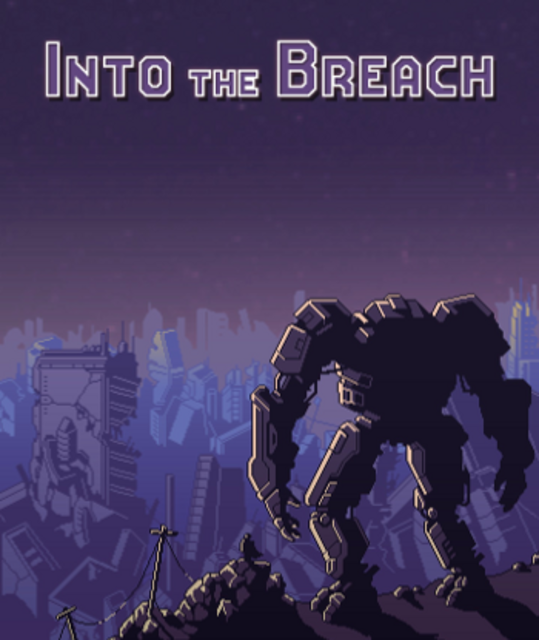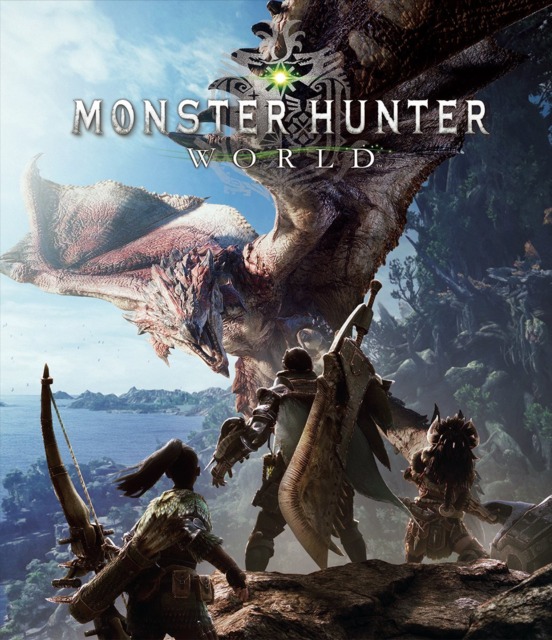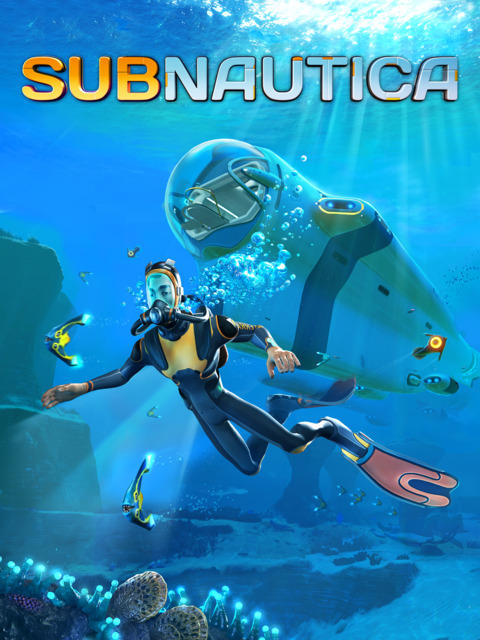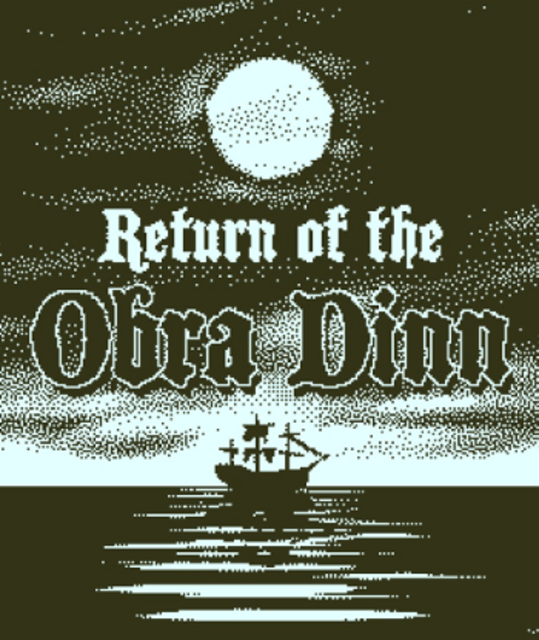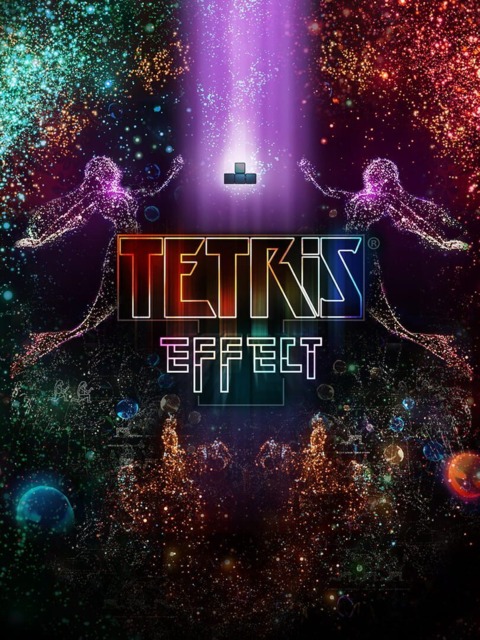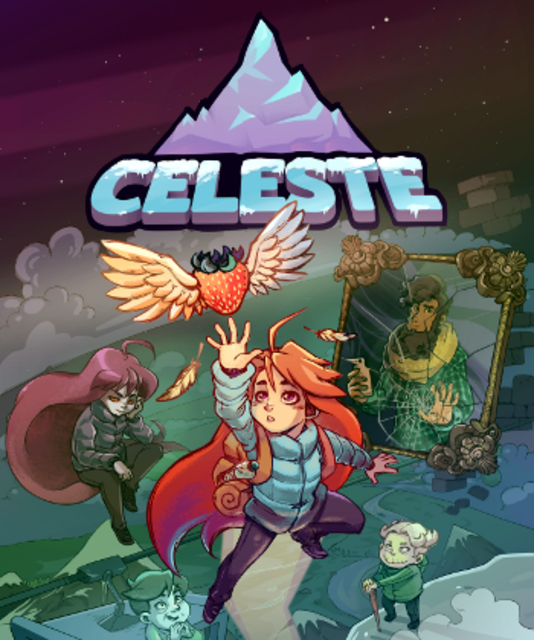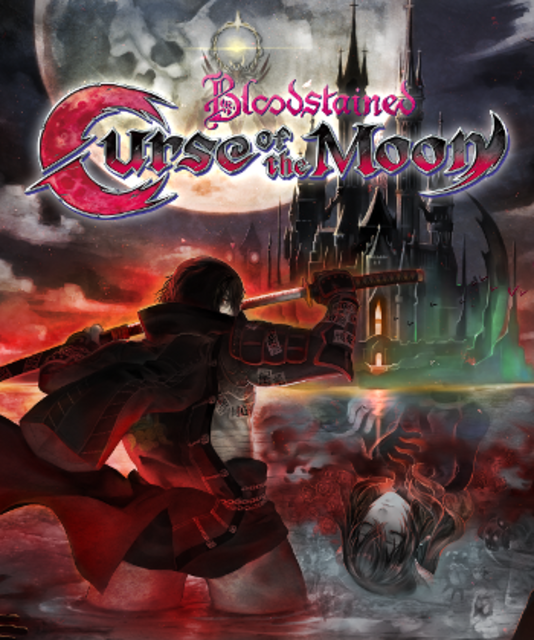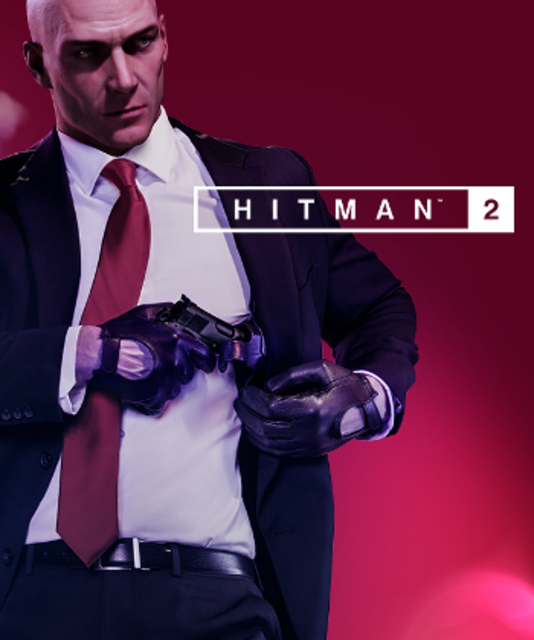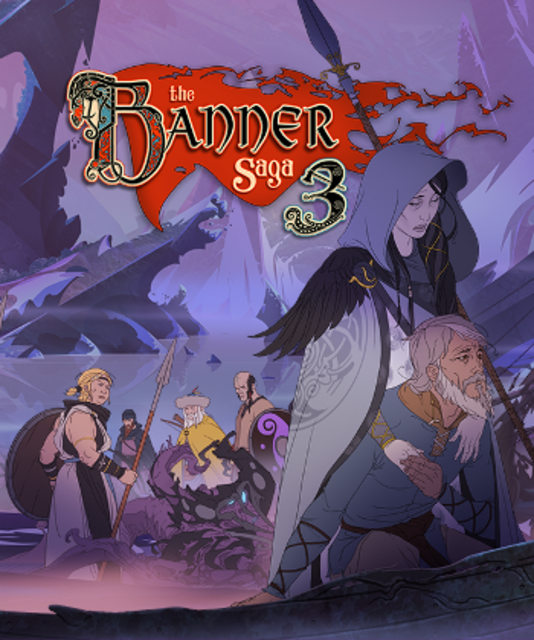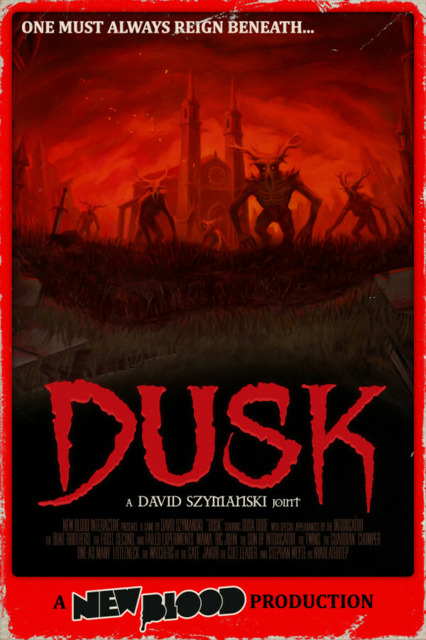GOTY 2018
Hey! We survived another year! And despite everything else, 2018 was another great year for games, with plenty that I enjoyed; certainly more than the 10 on this list. That said, I also noticed a pair of big shifts for me this year, and it’s hard to parse whether they have more to do with me, or where video games are at right now. Probably some of both. First, as you’ll see on this list, I didn’t get super into many "big" games in 2018. And that’s not because I didn’t play them; rather, I felt like most of them were some combination of very safe sequels, too reliant on standard design, or bigger and more repetitive than they needed to be. In other words, I found myself getting bored with them. Thus, I found a lot of joy in 2018 from games that were smaller in scope, and presented more cohesive and/or novel design.
Second, I found myself just wanting to play games in 2018. Games that got out of their own way and encouraged me to think, interact, and participate meaningfully. This has been a longer trend for myself, and I think 2018 became the tipping point where I got exasperated with games where the focus was elsewhere. These are all subjective measures of course, but I found myself really engaged with games that presented complex systems, holistic experiences, and/or fun challenges to overcome. Games that let me play.
Put those together, and I wind up with a lot of smaller and/or more mechanics focused games on this list. It turns out that 2018 was a good year for those. So with all of that said, here are my 10 favorite video games I played in 2018. Thanks for reading!

